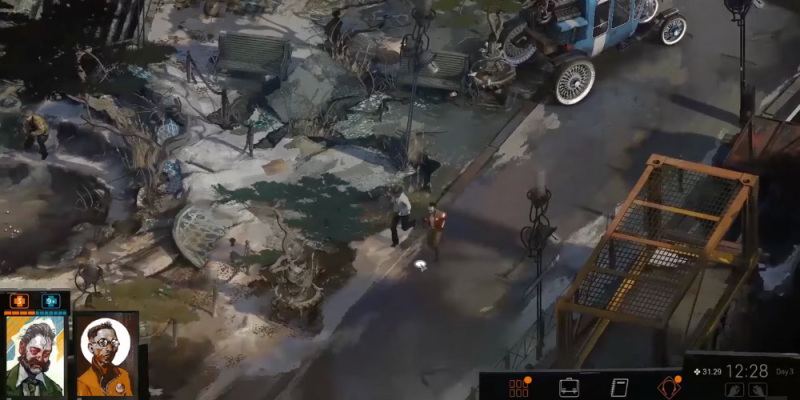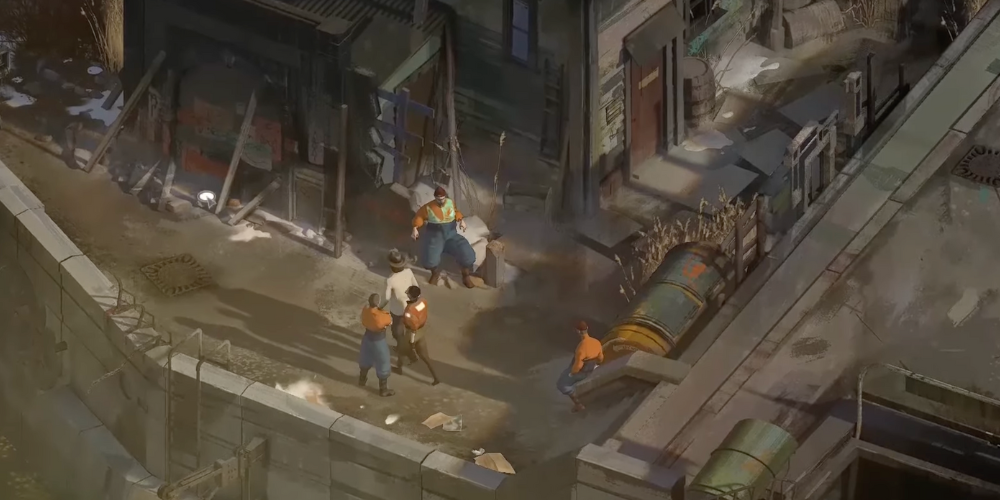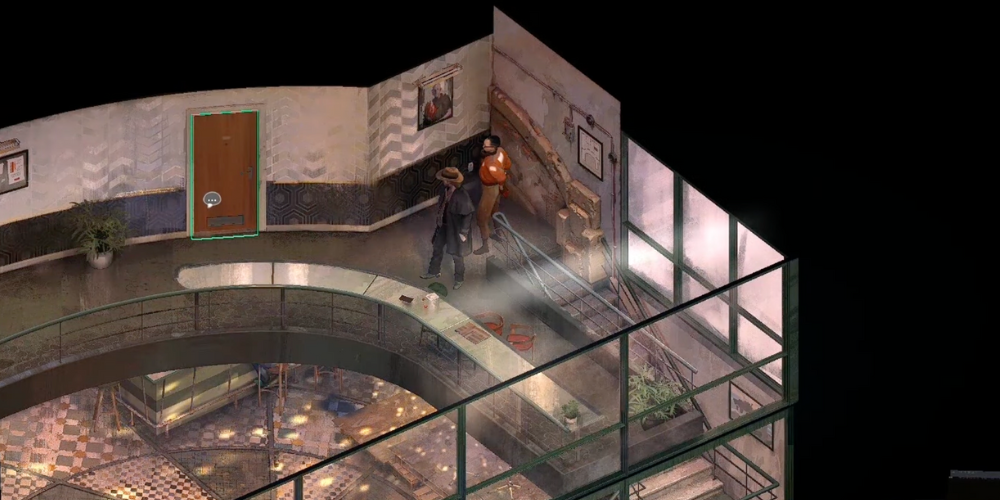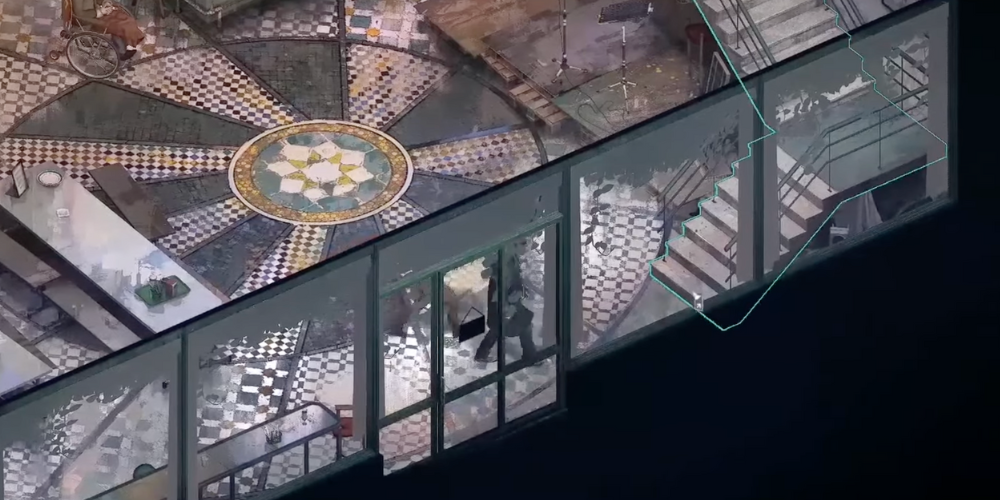Disco Elysium: Analyzing the Impact of Choice in Gameplay
2024-12-17

Disco Elysium, developed by ZA/UM, stands out as a remarkable example of how video games can transcend traditional entertainment boundaries through intelligent design and player-driven storytelling. This groundbreaking role-playing game (RPG) offers a rich, interactive narrative where every choice counts, affecting both the game's world and the personal journey of the protagonist. With a focus on psychological depth and moral ambiguity, Disco Elysium pushes players to make decisions that reverberate throughout the narrative. This article examines how the game's emphasis on choice influences gameplay, character development, and overall player experience.
Philosophical Foundations and Impact of Choices
At its core, Disco Elysium is rooted deeply in existential and moral philosophy, bringing the implications of player choices to the forefront. Unlike many RPGs where the impact of decisions often feels superficial, decisions in Disco Elysium can significantly change both the outcomes of the story and the internal development of the protagonist, a detective grappling with amnesia and moral dilemmas. Choices in this game go beyond the usual "good" or "evil" dichotomies, offering a range of options that can express a nuanced spectrum of beliefs, biases, and possibilities. This creates a unique psychological profile for each player's version of the detective, reflective of their decisions throughout the game.
Role of Skills in Decision-Making

The game implements an innovative system where the detective's abilities, from physical prowess to intellectual and empathetic skills, influence dialogue options and accessible actions. These abilities, shaped by player choices, further strengthen the interconnectedness between decision-making and character development. For example, investing skill points in "Empathy" opens up options that allow for a deeper understanding of other characters' emotions, thereby affecting the narrative thread based on one's precise understanding or misunderstanding of others. This system forces players to reflect on what kind of detective they want to be and guides how they interact with the world and its inhabitants.
Consequences of Actions in Gameplay
In Disco Elysium, every action and choice has potential consequences, and importantly, these consequences are often unexpected, mimicking the unpredictability of real life. This unpredictability ensures that players remain engaged and consider their choices carefully. For instance, siding with certain factions over others can drastically affect how different areas of the city respond to the protagonist, creating a dynamic world that feels alive and responsive to player actions. Even small decisions can lead to significant changes, such as altering the available quests or impacting the protagonist’s mental and physical state.
Dynamic World and Story Evolution
The game’s environment responds dynamically to player decisions, which helps to craft a living world where NPCs remember and react to the player's actions. This responsiveness is critical in encouraging the player to immerse themselves in the role of the detective. For example, solving or failing to resolve various situations leads to visible changes in the game world, which not only affects narrative outcomes but also influences how players perceive their role within the game space.
Character Development Through Choices

Character development in Disco Elysium is intricately tied to the choices players make. Each decision helps to shape not only the protagonist's personality and moral outlook but also how other characters perceive and interact with him. This development is a crucial aspect of the game, as it adds depth and realism to both the storytelling and gameplay. Players find themselves deeply entwined with the protagonist’s struggles, making the narrative feel more personal and engaging.
Internal Conflicts and Resolution
A notable feature of Disco Elysium is its treatment of the protagonist’s internal conflicts, which manifest as different voices in his head each representing different facets of his personality. Choices made by the player can strengthen or weaken these voices, influencing the detective's mental landscape and his approaches to solving the case. This internal dialogue not only provides a unique narrative tool but also serves as a mechanism for deep self-reflection in players, aligning with the game's philosophical underpinnings.
Enhancing Replayability Through Choices

The vast array of choices and resulting consequences in Disco Elysium naturally enhances its replayability. Players can explore different paths, adopt various ideologies, and see how different choices lead to divergent story arcs and endings. Delving into this feature of the game entices players to immerse themselves once more in the fictional realm, discovering new storylines that offer a different journey every time.
Impact of Different Ideological Paths
Each ideological path in Disco Elysium offers unique dialogue options, quests, and interactions, reinforcing the impact of player choices. Adopting different political and moral stances not only alters the narrative but also changes the way the detective interacts with the environment and other characters. This variability ensures that each playthrough can offer a distinct narrative experience based on the player's decisions, highlighting the deep integration of choice and consequence in the game design.
In conclusion, Disco Elysium sets a new standard for how choice can be used effectively in video games to craft deeply personal and varied experiences. Through its complex decision-making mechanics, dynamic narrative evolution, and profound character development, it offers a fresh perspective on the possibilities within the RPG genre, underscoring the power of choice in gaming.






